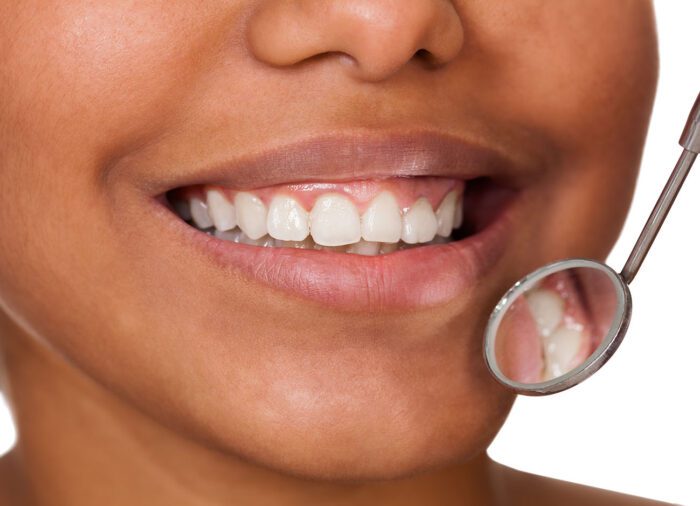Gum disease, or periodontal disease, affects many adults. It often starts with minor symptoms. Early detection could prevent serious complications. Knowing the early signs helps you seek timely treatment. Understanding these signs can empower you to maintain better oral health.

Signs of Gum Disease
Bleeding Gums
One of the earliest signs of gum disease is bleeding gums. You might notice this while brushing or flossing. Healthy gums should not bleed easily. If you see blood, consult your dentist. Bleeding gums often indicate inflammation. This inflammation, called gingivitis, can progress if untreated. Ignoring bleeding gums can lead to more severe conditions.
Regular dental checkups can help catch gingivitis early. Your dentist can provide professional cleaning and advice. Proper brushing technique is crucial. Use a soft-bristled toothbrush and gentle strokes. Flossing should also be done carefully. Avoid snapping the floss into your gums.
Swollen or Red Gums
Healthy gums appear pink and firm. Swollen or red gums suggest a problem. Inflammation causes gums to swell and change color. This can result from plaque buildup. Plaque contains bacteria that irritate the gums. Over time, this irritation leads to gum disease.
Swollen gums may feel tender to the touch. They can also appear shiny. Redness in the gums is a clear sign of inflammation. Chronic inflammation can damage gum tissue. This makes it easier for bacteria to invade deeper structures.
Bad Breath
Persistent bad breath, or halitosis, often indicates gum disease. Bacteria in the mouth produce foul-smelling compounds. Regular brushing and flossing should control bad breath. If it persists, consult your dentist.
Bad breath can also signal other oral health issues. Food particles trapped between teeth can contribute. Poor dental hygiene allows bacteria to thrive. Dry mouth can also cause bad breath. Saliva helps wash away food particles and bacteria. Certain medications can reduce saliva flow. Drinking water can help keep your mouth moist. Chewing sugar-free gum can also stimulate saliva production. Your dentist can recommend treatments for chronic bad breath.
Receding Gums
Receding gums expose more of the tooth. This can make teeth appear longer. Gum recession often results from gum disease. As the disease progresses, gums pull away from teeth. This creates pockets where bacteria thrive. Early treatment could prevent further recession.
Receding gums can also result from aggressive brushing. Use a soft-bristled toothbrush to avoid damage. Teeth grinding can also contribute to gum recession. Your dentist can provide a mouthguard to protect your teeth. Regular dental checkups can monitor gum health. Your dentist can recommend treatments to slow recession. These may include scaling and root planing. In severe cases, gum graft surgery may be necessary.
Prevention and Treatment
Early detection is key to managing gum disease. Regular dental checkups can identify issues before they worsen. Good oral hygiene practices help prevent gum disease. Brush twice daily and floss regularly. Use mouthwash to reduce bacteria. A healthy diet also supports gum health. Avoid sugary foods and drinks. These can contribute to plaque buildup. Drink plenty of water to stay hydrated.
If you notice any early warning signs of gum disease, contact Plantation Road Dental Care right away. Dr. Melanie Andrews and her team can create a customized treatment plan to help prevent the spread of disease.
